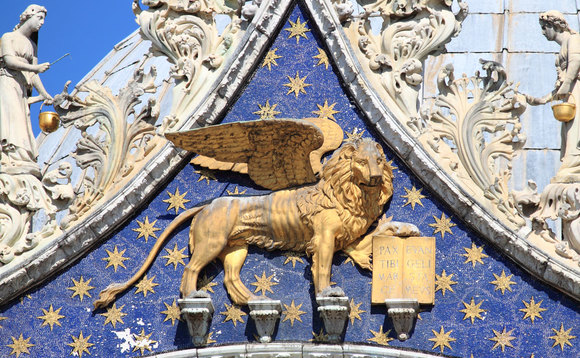
Allure of Italian businesses sparks fundraising renaissance

While the Spanish private equity market may be enjoying increased capital inflows, its Southern European counterpart in Italy quietly remains the most active fundraiser. Kenny Wastell reports
Much has been made of the recent influx of capital into Spanish private equity. With dealflow and valuations both rising, 2014 saw the welcome return of fundraising activity in the country. Miura Private Equity closed its second fund on its hard-cap of €200m, Portobello Capital closed its third above target on €375m, while Altamar Capital's eighth vehicle held a first close on €100m after just three weeks on the road.
Despite the hype surrounding Spain's resurgence, however, its Mediterranean neighbour, Italy, remains the most attractive destination for international limited partners. As was the case for their Spanish counterparts, Italian fund managers followed a barren 2013 with a more fruitful 2014. Ambienta and Xenon Private Equity each closed their latest funds above target, while Aksia Group and Consilium held first closes during the year.
According to Mounir Guen, CEO of placement agent MVision, the key factors when gauging investor appetite are broader M&A activity and the number of private equity players actively raising funds – as opposed to the size of those vehicles. Indeed, the scale of the southern European market means a handful of large fundraisings have the capacity to distort the overall statistical picture considerably. In this respect, it would appear Italy's progress in the past 12-18 months has been as impressive as Spain's.
"Fundraising appetite for Italy is returning," says John Gripton, managing director at fund-of-funds Capital Dynamics. "It is fair to say some managers recently decided not to raise new funds because they considered it far too difficult, given the country's macroeconomic situation. Some moved towards investing on a deal-by-deal basis with a club, rather than raising new funds. However, I do think that is turning around."
Gripton believes the withdrawal of many pan-European managers, coupled with reduced competition for mid-market deals has resulted in a more favourable M&A – and consequently fundraising – environment. "We are also seeing Italian managers who are now much more experienced at expanding businesses on a global basis and therefore attracting investment from Asia, the US or elsewhere in Europe," he says.
Mid-market moderation
MVision's Guen attributes the popularity of Italian assets to the entrepreneurial track record within the country. "What is important to keep in mind, when looking at Italian companies, is that they are often international market leaders in their specialised niches. These are extremely entrepreneurial, innovative businesses with huge global potential. The country is outstanding when it comes to industrials, technology and manufacturing. Additionally, it has many great brands – producers of beautiful cars and motorcycles – and incredible fashion designers, for example."
It is this conveyor belt of quality businesses that, in the eyes of Capital Dynamics' Gripton, renders Italy a more attractive option for LP commitments. "We've had much more success over the years in Italy than we have in Spain," he says. "The Spanish market is less developed and we still have some concerns about the level of dealflow there. Is it sustainable in terms of ensuring a fund becomes fully invested?"
Certainly, Gripton is not alone in voicing scepticism about the number of quality assets in Spain. With international private equity houses including Aurelius, KKR and Cinven opening new Spanish offices – and additional European firms also circling – competition has predictably risen. It is hoped the much-lauded government-backed fund-of-funds Fondo ICO will help bring about an evolution of the market by helping develop bigger, globally-focused companies. Indeed, when unquote" spoke with José Caireta, co-founder of Spanish private equity house Squircle Capital, he explained the firm had historically invested on a deal-by-deal basis because of the country's evolving environment.
As pre-2008 vehicles return dividends to investors, the challenge for private equity players is to showcase the opportunities they provide. "A lot of pension funds have reduced their exposure to the public markets over time and are looking for alternatives," argues Gripton. "Private equity is very much at the forefront of that."
Latest News
Stonehage Fleming raises USD 130m for largest fund to date, eyes 2024 programme
Multi-family office has seen strong appetite, with investor base growing since 2016 to more than 90 family offices, Meiping Yap told Unquote
Permira to take Ergomed private for GBP 703m
Sponsor deploys Permira VIII to ride new wave of take-privates; Blackstone commits GBP 200m in financing for UK-based CRO
Partners Group to release IMs for Civica sale in mid-September
Sponsor acquired the public software group in July 2017 via the same-year vintage Partners Group Global Value 2017
Change of mind: Sponsors take to de-listing their own assets
EQT and Cinven seen as bellweather for funds to reassess options for listed assets trading underwater








